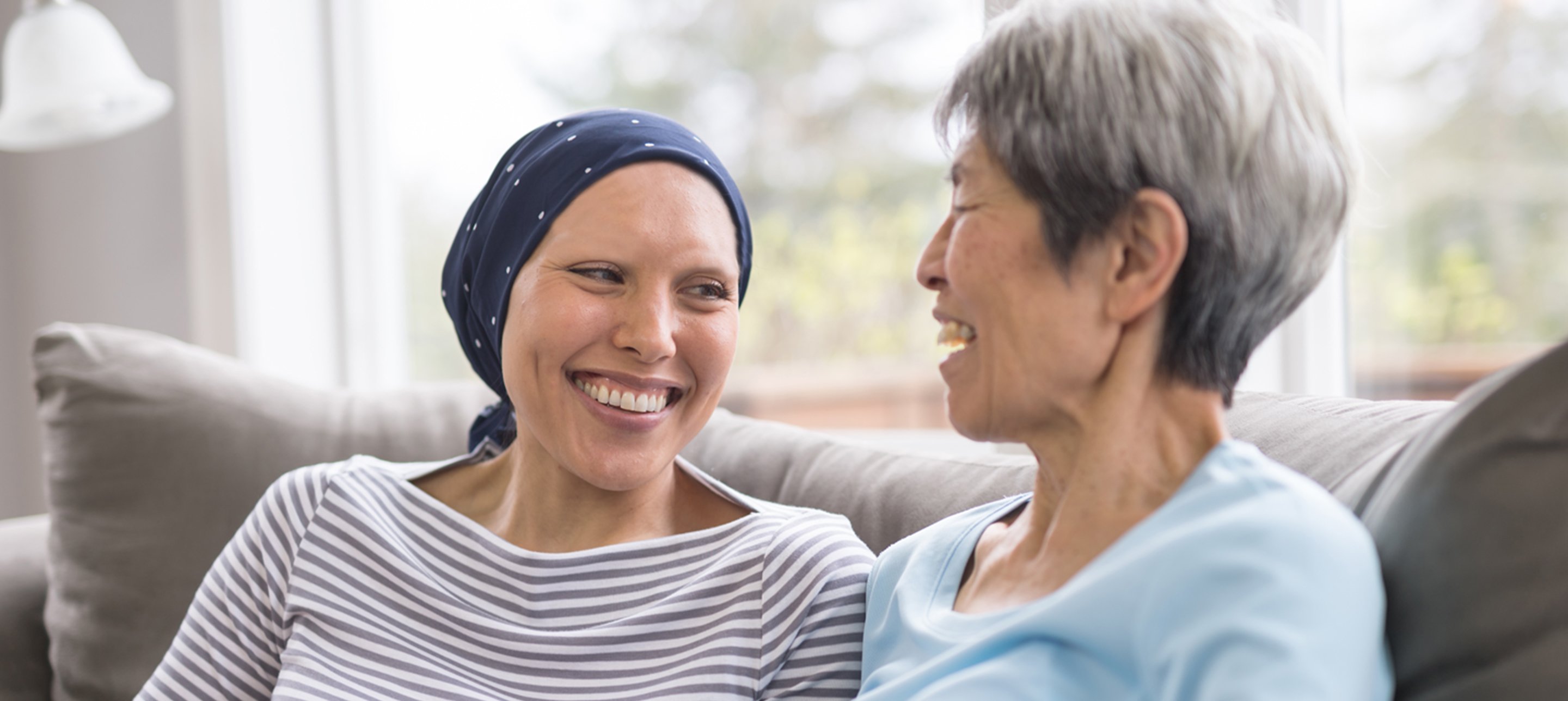In the United States, colorectal cancer is the most common type of cancer to affect both men and women. This means that several million people are being diagnosed with colorectal cancer each year who need support. Sadly, people with cancer often find that their level of support declines following diagnosis and treatment. Yet, support needs often increase drastically shortly after diagnosis due to the stress and emotional turmoil it causes. Social support is highly beneficial for people living with colon cancer and for those who are in either full recovery or remission. In fact, higher levels of support are associated with better health outcomes as well as improved quality of life.
If you have recently been diagnosed with colorectal cancer, your needs for support have increased substantially and you may be struggling to receive the help you need. Colon cancer support groups are a wonderful resource for you to access a support system that can meet your emotional and psychological needs. In this article you will learn about why joining a colon cancer support group is a helpful experience that can ease your emotional burdens during your treatment and recovery from colon cancer.
Table of Contents
The Benefits of Social Support
Social support is considered by oncology professionals to be beneficial to your psychological wellbeing and is an important component of your recovery. Research has shown that social support plays a pivotal role in the treatment outcomes of patients with cancer. For example, a recent study from the Kaiser Permanente research group showed that women with colorectal cancer who reported low levels of social support had a 42% higher mortality rate than those women who had high levels of support. In this study, women with higher rates of mortality were missing the following:
- Informational support
- Help with daily tasks or chores
- Positive interactions
- Emotional support
Many people who are diagnosed with a serious illness like colorectal cancer find that their needs for support are greatly increased following diagnosis and throughout treatment and recovery. While many people have friends, family, and community members who offer to support them in their time of crisis, many people living with colon cancer find that the emotional support they receive is not appropriate to what they actually need.
Social support can come from many different sources, including:
- Spouse or partner
- Family
- Friends
- Community (such as your church, religious organization, or local grange)
- Support groups
What this means for you is that if you are not getting the support you need from friends and family you can always reach out to people in a support group for help. Many support groups are focused on meeting the emotional and social aspects of cancer care in a nonmedical setting. These groups frequently are centered around programs that teach coping skills shared by other patients with colon cancer, peers who have fully recovered, and professional mediators.
Impact of Diagnosis and Treatment
There is a cloud that develops over people when they hear that you have been diagnosed with cancer. You may sense that they retreat from talking to you or they fear you will lose your life to cancer. You yourself may fear the side effects, pain, and discomfort of treatment, especially from surgery or chemotherapy. However, there is light in these dark moments you may feel within yourself or emanating from your loved ones. Remember that colon cancer is highly treatable with an impressive cure rate. Furthermore, you have access to a lovely support system through cancer support groups.
Many people who have fully recovered from colorectal cancer share that their lives have changed as a result of the illness in a positive light. They find that the relationships with their family are stronger. Recovered patients also feel more comfortable physically, being free of pain and living a healthier lifestyle. This may be difficult to conceive of when you are first diagnosed or after the first few treatments. However, if you join a support group that is made up of people at different stages of treatment of recovery, you will be able to hear personal survival stories that will give you a fresh perspective on what it is like to live with colon cancer.
Building Connections

People living with colon cancer endure several different emotions while going through treatment. These emotions can include:
- Anger
- Disbelief
- Hopelessness
- Fear
- Shock
- Despair
You may find that your loved ones do not know how to respond to your emotions or you may hide these feelings to keep them safe from worry. Thankfully, you have an outlet in a colon cancer support community. People who join cancer support groups discover a new community where they can connect with other people in a similar situation, building a sense of belonging during a time of loneliness and isolation.
Support groups are able to provide helpful changes in your life, including:
- Help you learn new ways to cope
- Increase feelings of hope
- Provide empowerment
- Improves communication with your family and healthcare providers
- Reduces feelings of distress, anxiety, and loneliness
A cancer support group gives you an opportunity to share your feelings openly without fear of judgement or stigma. Colorectal cancer support groups offer you a safe space to connect with other people who are living through a similar life experience as you. There is a certain comfort in speaking with other people who also are living with colon cancer. You may feel more willing to express your deepest fears and emotions or tell jokes that your loved ones will not understand.
References
Greene, J. (2020, January 23). Women with colorectal cancer fare better if they have social support. Retrieved from Kaiser Permanente: https://spotlight.kaiserpermanente.org/women-with-colorectal-cancer-and-social-support/
Haviland, J., et. al. (2017, August 11). Social support following diagnosis and treatment for colorectal cancer and associations with health-related quality of life Psycho-oncology, 26, 2276-2284. Retrieved from Wiley Online: https://onlinelibrary.wiley.com/doi/pdfdirect/10.1002/pon.4556
Luke, B. L. (2002, April). Interest and participation in support group programs among patients with colorectal cancer. Cancer Nursing, 25(2), 150-157. Retrieved from LWW
Sabay, T. B., Gray, R. E., & Margaret Fitch. (2000). A qualitative study of patient perspectives on colorectal cancer. Cancer Practice, 8(1). Retrieved from Academia
***On the Aepios platform, members gain support from peers nationwide by sharing valuable real-world experiences, treatments, and outcomes for an expanding number of medical conditions.***









